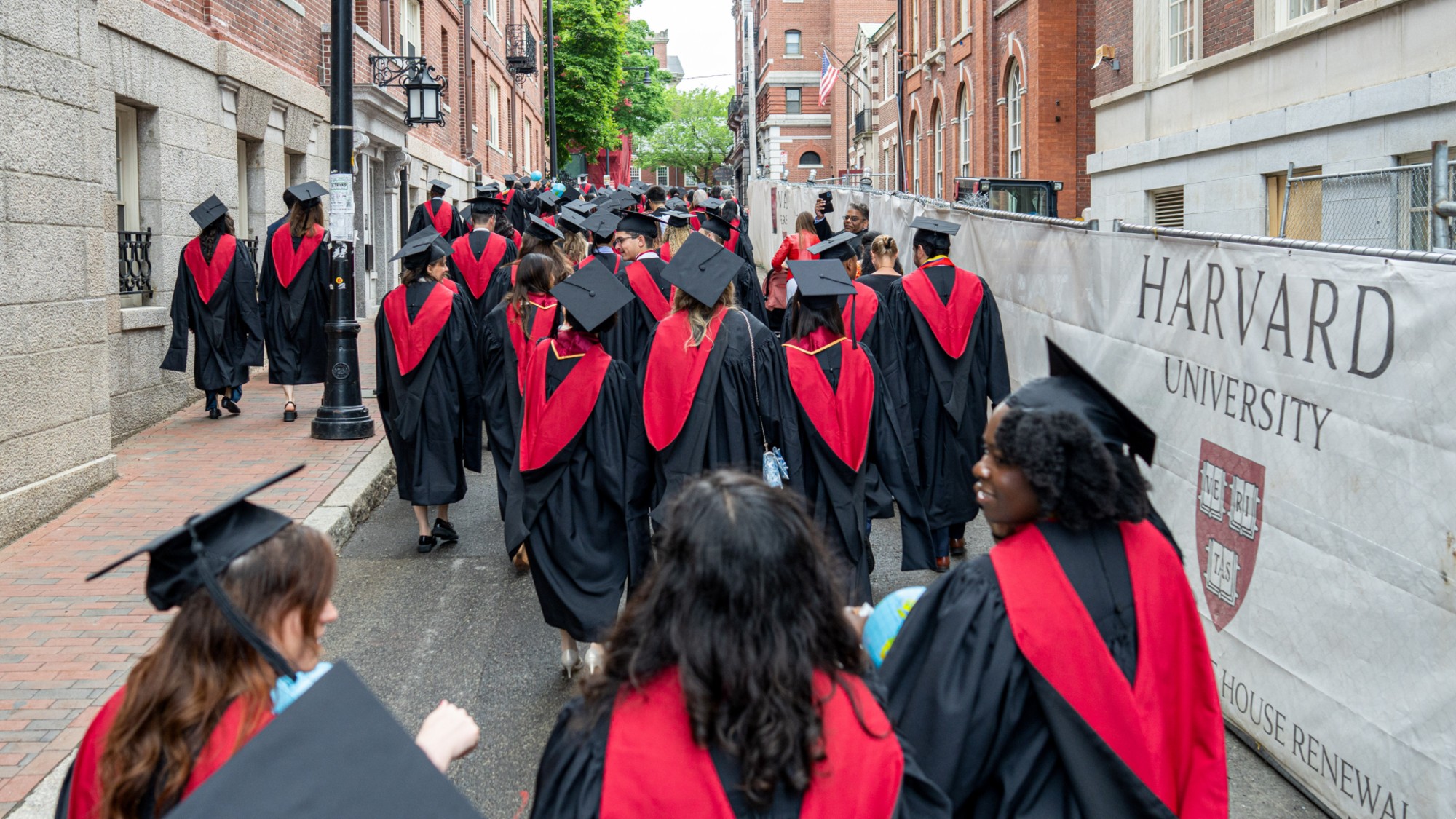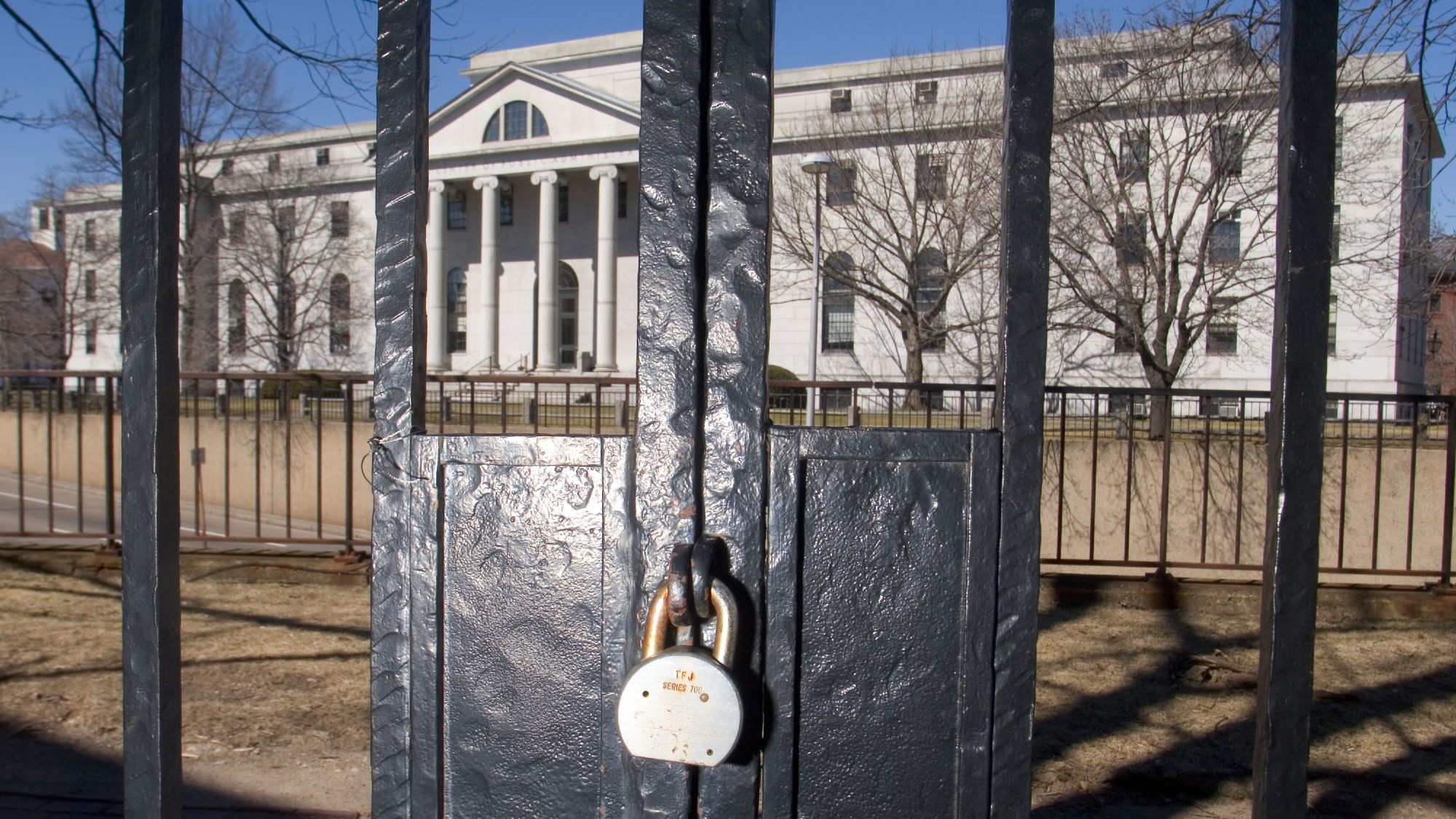Disadvantaged university students are three times more likely to live at home
New report says that social mobility is the preserve of ‘white, middle class, privately educated young people’

A free daily email with the biggest news stories of the day – and the best features from TheWeek.com
You are now subscribed
Your newsletter sign-up was successful
Poorer students are more than three times as likely to live at home while studying for a degree than their wealthier peers, according to a new study by the Sutton Trust.
The report, Home and Away: social, ethnic and spatial inequalities in student mobility, uses official university data to examine whether students who go to university are “commuters” (i.e. remain at the family home) or “movers” (i.e. leave their homes to live closer to their place of study).
More than half (55.8%) of young people in the academic year 2014/15 stayed in their local area during their time at university, attending institutions that were less than 55 miles from their home address, The Independent reports.
The Week
Escape your echo chamber. Get the facts behind the news, plus analysis from multiple perspectives.

Sign up for The Week's Free Newsletters
From our morning news briefing to a weekly Good News Newsletter, get the best of The Week delivered directly to your inbox.
From our morning news briefing to a weekly Good News Newsletter, get the best of The Week delivered directly to your inbox.
The report found that former state school students are two and a half times more likely to live at home compared to those who go to private schools. British Pakistani and British Bangladeshi students are over six times more likely than white students to continue living at the family home.
The report claims that moving long distances to study for a degree is an option only for “white, middle class, privately educated young people”. It argues that student mobility is a “major issue of inequality” in higher education.
Times Higher Education writes that, as well as calling on selective universities to consider reserving a proportion of places for local working-class students, the report recommends that institutions consider “more flexible timetabling of lectures in cases where there are large increases in student commuters”.
Dr Michael Donnelly of the University of Bath, who co-authored the study, said: “Whilst moving away is not for everyone, some of the most disadvantaged young people could be being prevented from accessing new opportunities and social networks further afield, or developing important life skills through living independently – further damaging chances for social mobility.”
A free daily email with the biggest news stories of the day – and the best features from TheWeek.com
-
 ‘Poor time management isn’t just an inconvenience’
‘Poor time management isn’t just an inconvenience’Instant Opinion Opinion, comment and editorials of the day
-
 Bad Bunny’s Super Bowl: A win for unity
Bad Bunny’s Super Bowl: A win for unityFeature The global superstar's halftime show was a celebration for everyone to enjoy
-
 Book reviews: ‘Bonfire of the Murdochs’ and ‘The Typewriter and the Guillotine’
Book reviews: ‘Bonfire of the Murdochs’ and ‘The Typewriter and the Guillotine’Feature New insights into the Murdoch family’s turmoil and a renowned journalist’s time in pre-World War II Paris
-
 American universities are losing ground to their foreign counterparts
American universities are losing ground to their foreign counterpartsThe Explainer While Harvard is still near the top, other colleges have slipped
-
 Oklahoma fires instructor over gender essay grade
Oklahoma fires instructor over gender essay gradeSpeed Read
-
 Education: More Americans say college isn’t worth it
Education: More Americans say college isn’t worth itfeature College is costly and job prospects are vanishing
-
 The Trump administration’s plans to dismantle the Department of Education
The Trump administration’s plans to dismantle the Department of EducationThe Explainer The president aims to fulfill his promise to get rid of the agency
-
 Penn wipes trans swimmer records in deal with Trump
Penn wipes trans swimmer records in deal with Trumpspeed read The University of Pennsylvania will bar transgender students from its women's sports teams and retroactively strip a trans female swimmer of her titles
-
 Where will international students go if not the US?
Where will international students go if not the US?Talking Points China, Canada and the UK are ready to educate the world
-
 Colleges are canceling affinity graduations amid DEI attacks but students are pressing on
Colleges are canceling affinity graduations amid DEI attacks but students are pressing onIn the Spotlight The commencement at Harvard University was in the news, but other colleges are also taking action
-
 Can Trump ban overseas students from US universities?
Can Trump ban overseas students from US universities?Today's Big Question President's decision to revoke Harvard's access to database for admitting international students 'drastically escalates' the dispute